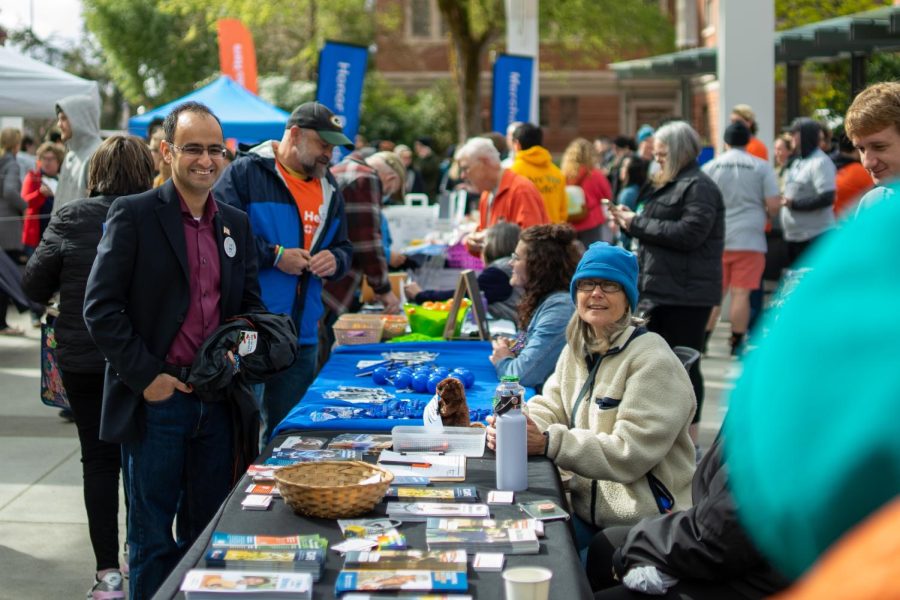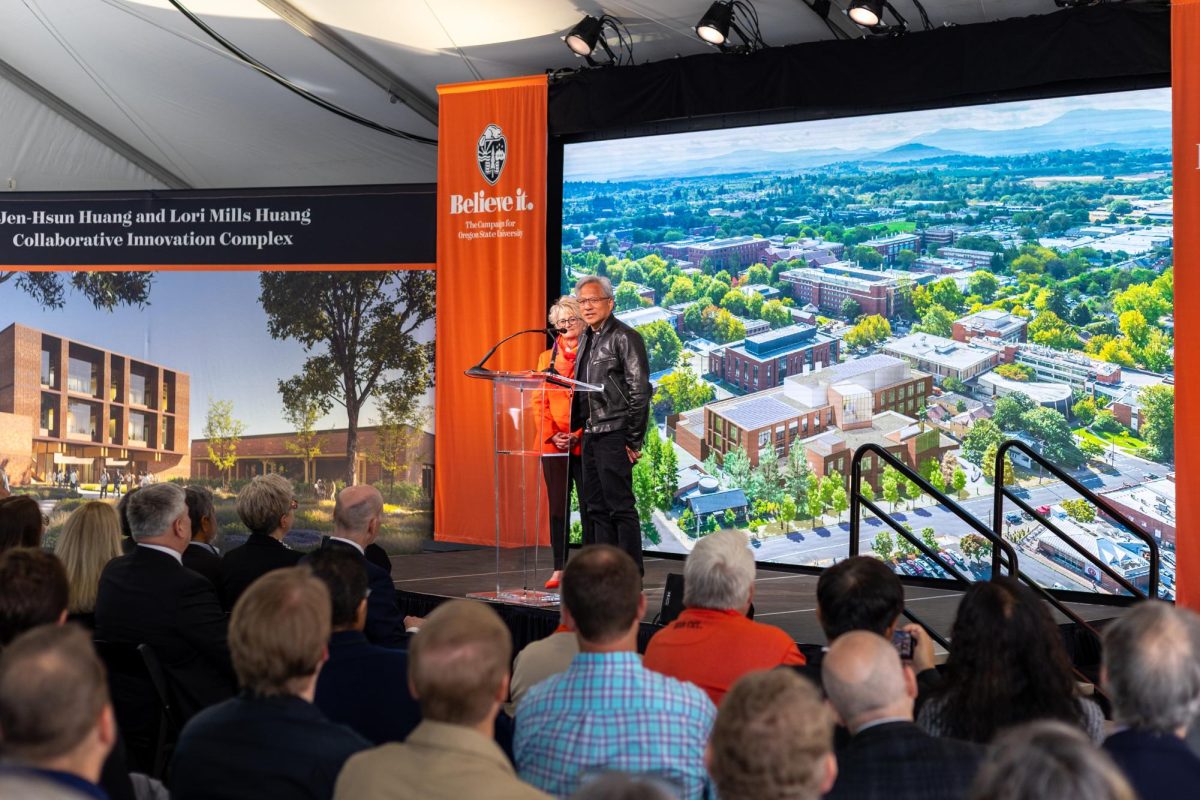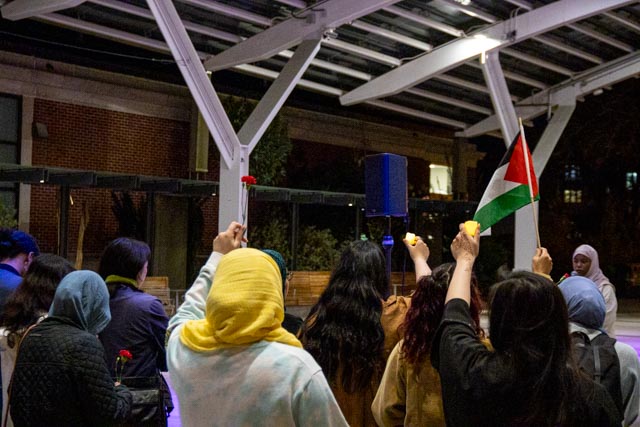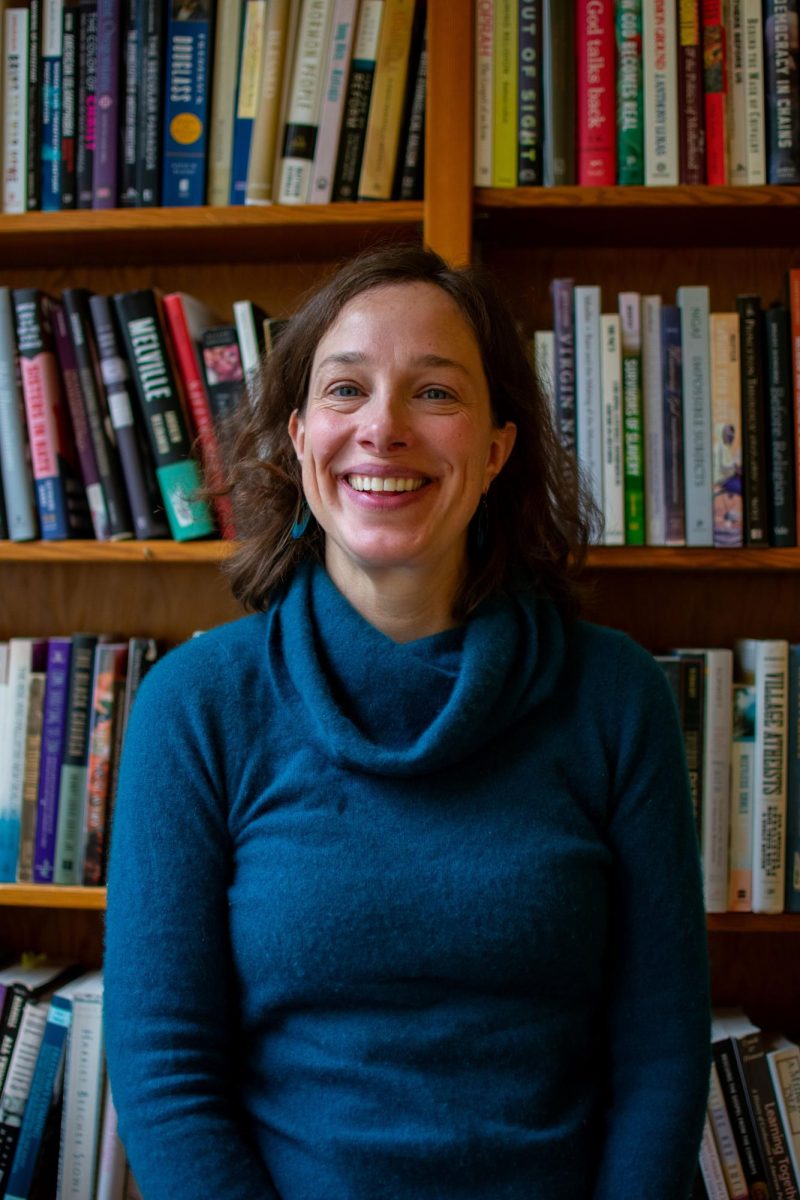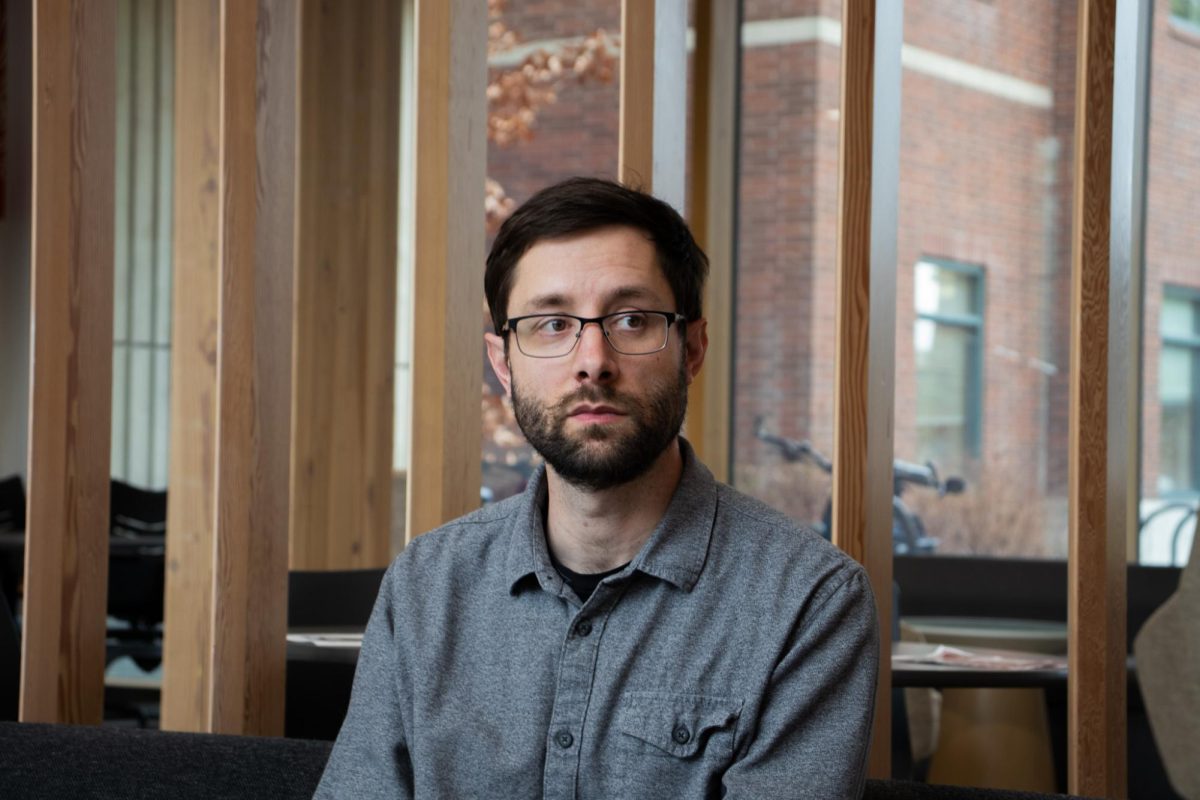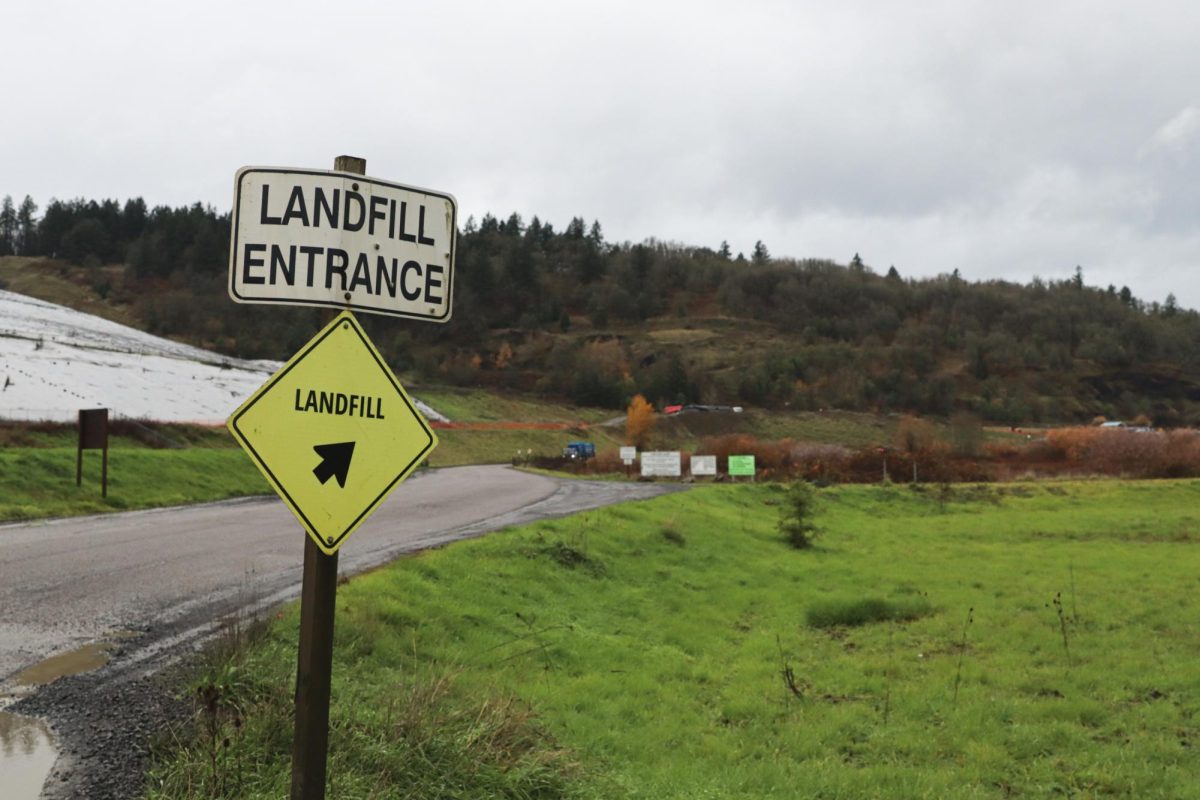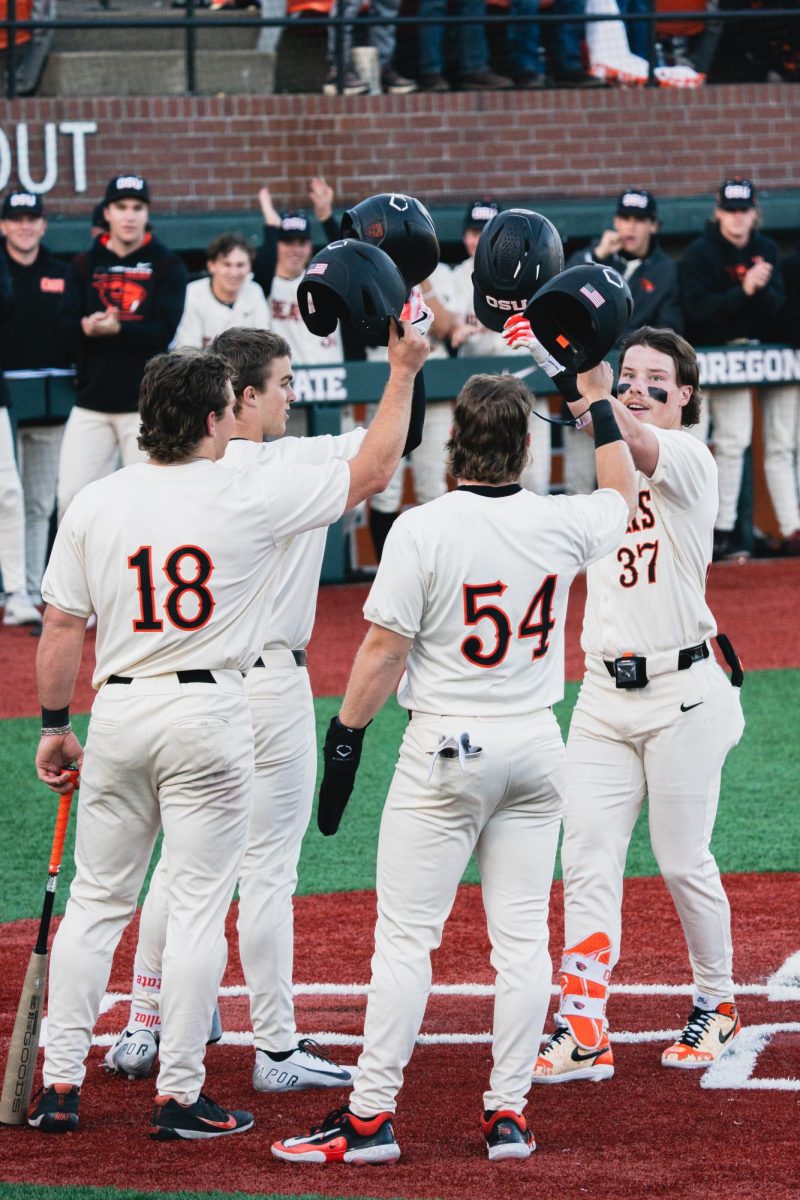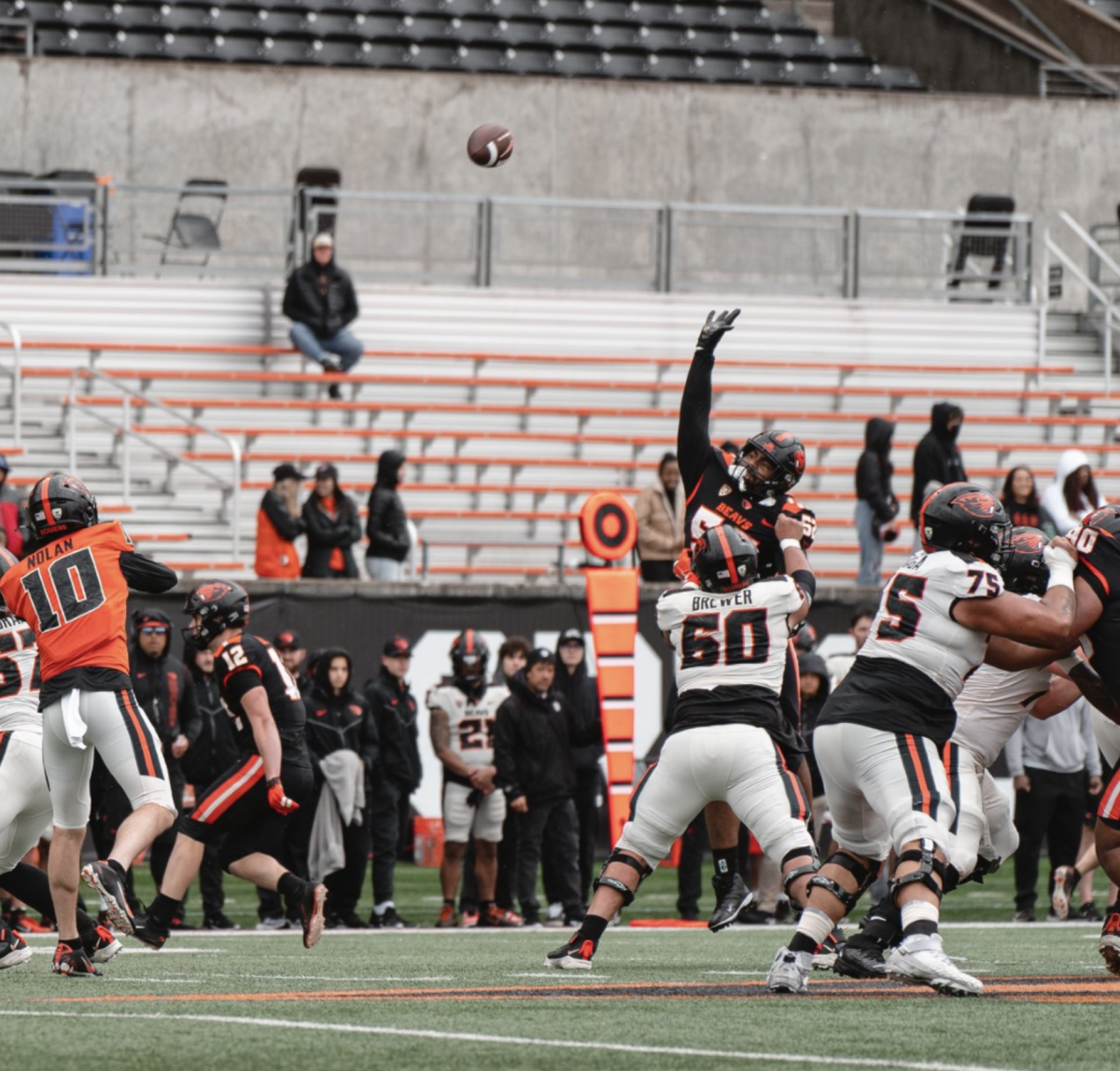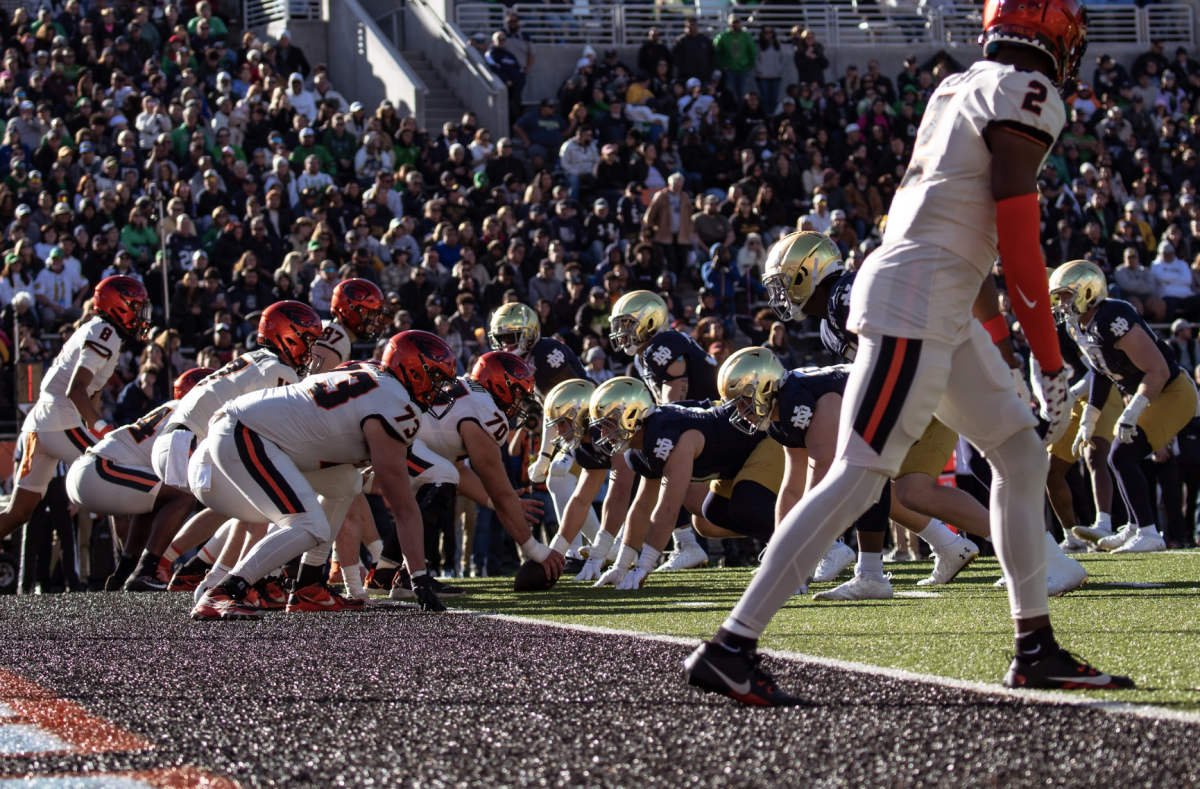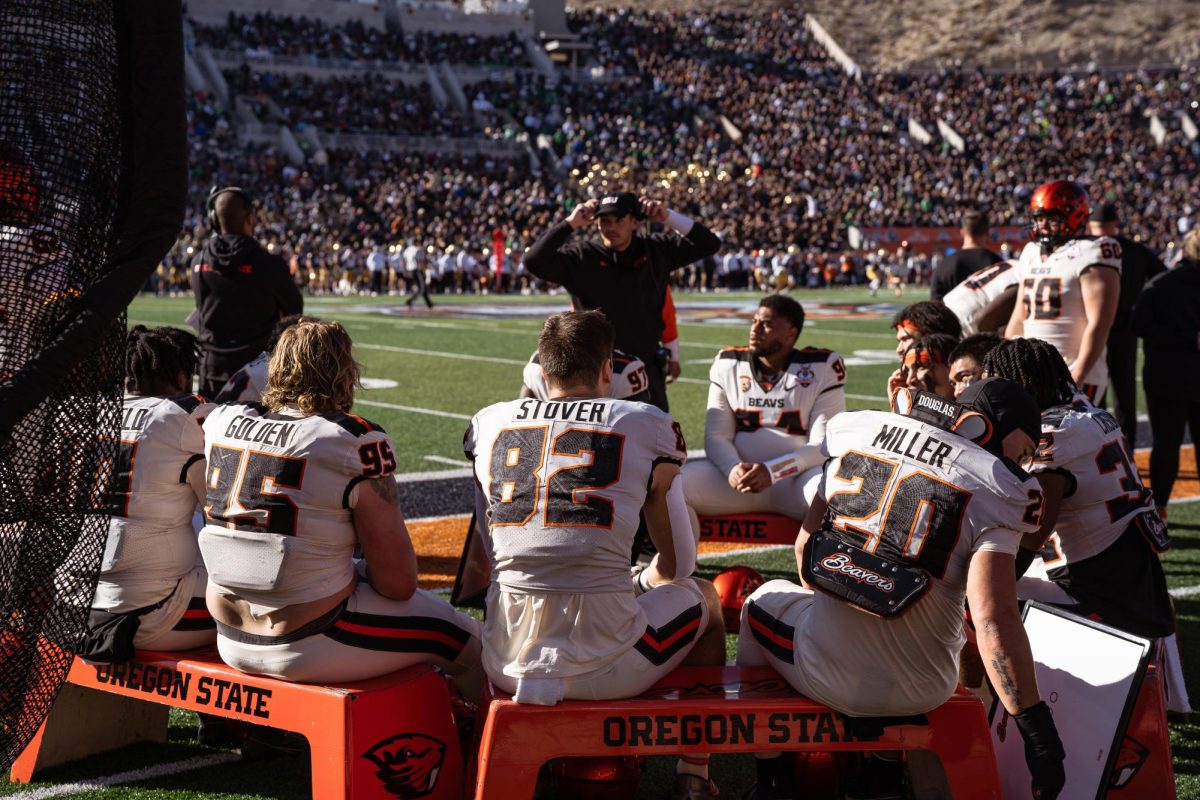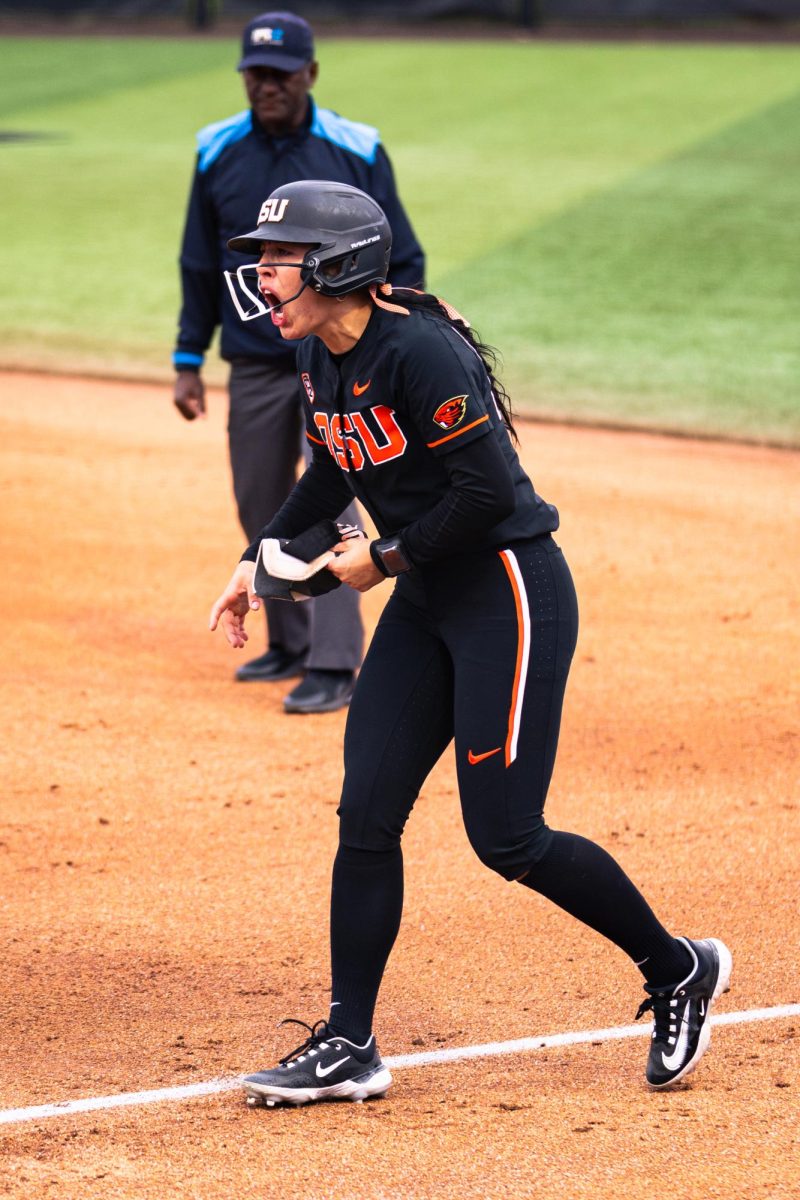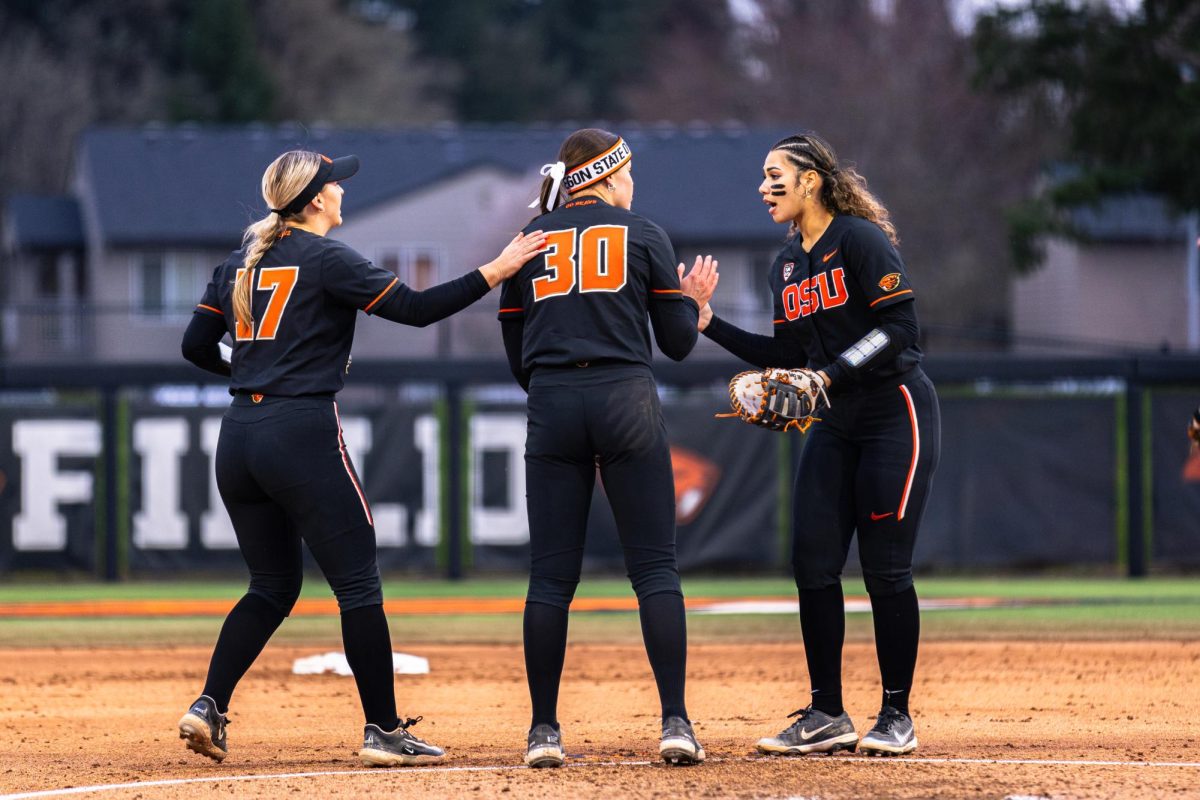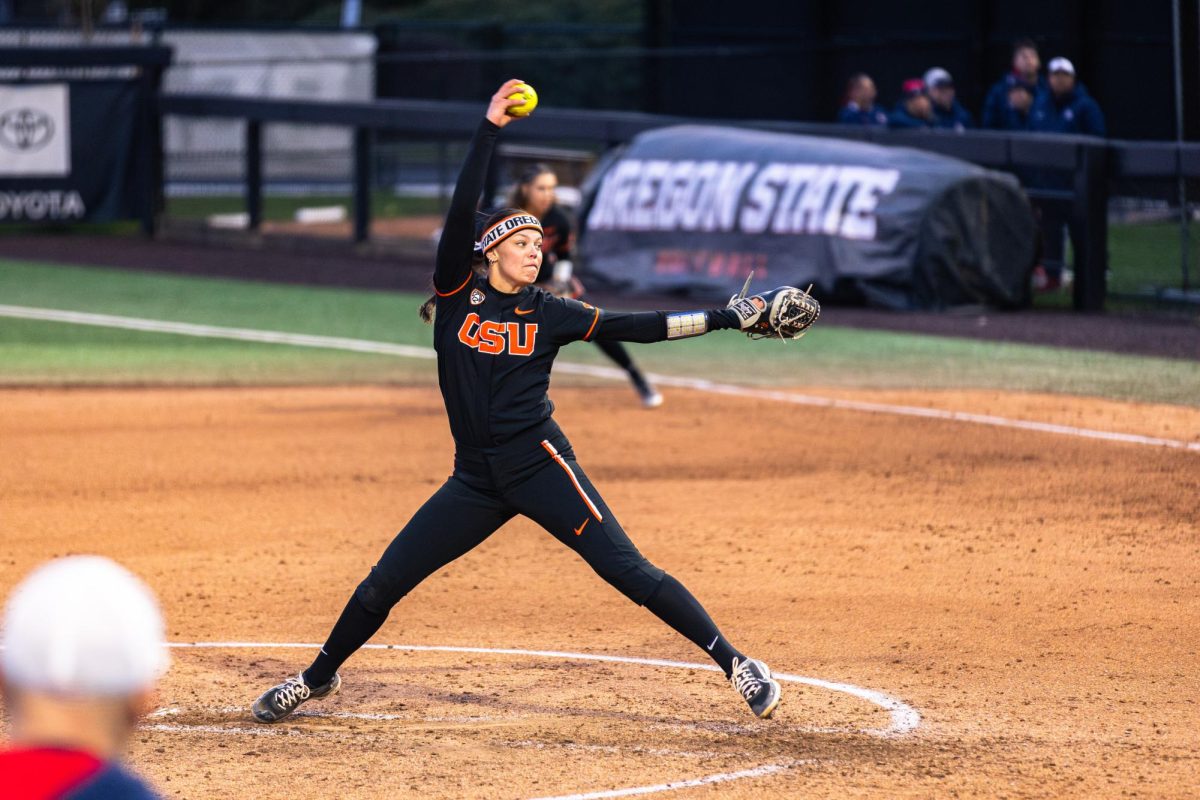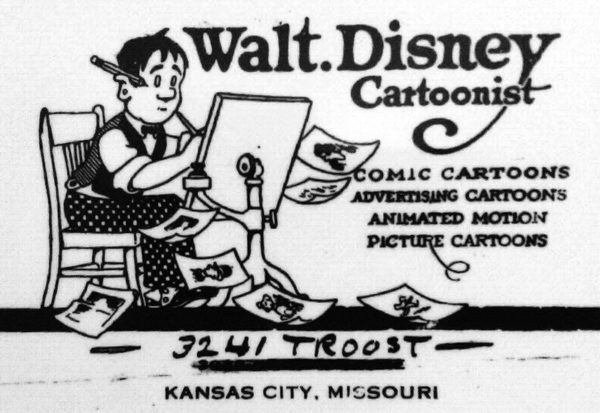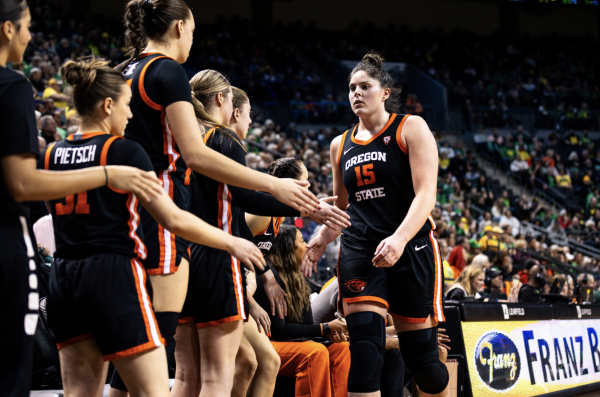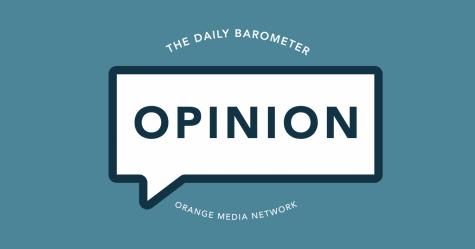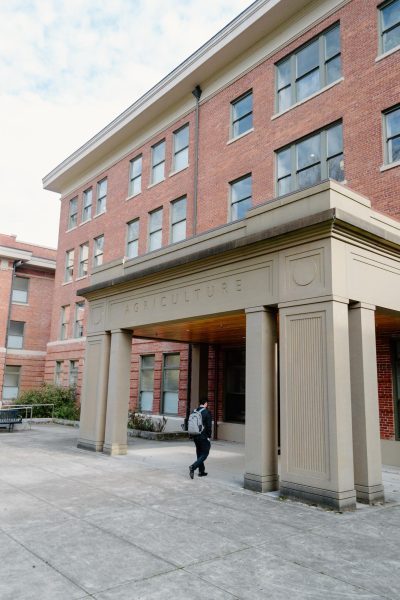DR. TECH: Can politics be a science?
October 25, 2016
I think it a fair observation that most Americans are not pleased with the 2016 Presidential contest, but it is also fair to challenge ourselves to describe what we would prefer.
What do you hope for the American political process to be?
The answer to that question lies in your presuppositions about human nature and the purpose of government.
Philosopher John Locke (1632–1704) produced an influential account of the concept of government and the basis of its validity in his “Second Treatise on Government.”
A key idea in that work is the assertion that the purpose of government is to protect the rights of life, liberty, and property of its citizens and to pursue the public good.
If this idea sounds familiar, then you may be thinking of the authors of the American Constitution and Declaration of Independence who closely followed Locke’s political philosophy.
So how does a government determine which actions will best protect the rights of its citizens?
Some people think that government should be minimal, allowing economic powers such as corporations to manage society.
Other people think that government should advance the public good even if that requires overriding the natural rights of some citizens.
A third view is promoted by an OSU graduate student, Sami Al-AbdRabbuh (Industrial Engineeing) who is also is a candidate in the 2016 election for the Oregon State House of Representatives for District 16 – Corvallis and Philomath.
He argues that science should be the basis of governance; “Science is the act of learning in a way that is more impactful than just trial and error or following the trends of the polls. Public policy that’s informed by trial and error and perceptions isn’t going to do so much good.”
Al-AbdRabbuh believes that our current political system promotes decisions produced by emotion-laden perceptions generated by stories that competing politicians sell to the voters solely for the purpose of getting elected.
A rational society, he maintains, would develop public policy from rigorous data gained from the real-life experiences of the people in it.
His idea proposes that we use scientific method to determine and weigh the interests of individuals and produce analyses that distribute the promotion of those interests fairly across the population.
Al-AbdRabbuh champions science as a model for government because science is a successful means of neutralizing our social/cognitive biases which make it appear as if the experiences that individuals have in common are instead issues of opposition.
This is a good point that you can see played out in the current election.
If you systematically study individual people from different cultures you find that there is a significant commonalities among people regarding basic needs and values.
Given this evidence some people immediately focus on the fact that the cultures are different and so assume that the needs and values of individuals from them are also different.
When someone’s social/cognitive bias selects out the differences only, there is little hope for them to perceive the factual commonalities.
Al-AbdRabbuh believes that scientific method allows us to minimize these biases and bring the authentic lives of many different people into productive co-operation.
It is true that science is one of our most powerful problem-solving methodologies.
It is also true that many people do not trust science and I agree that there are reasons to be suspicious of it.
Science does not have a built-in moral guide which is how we end up with social problems that are the products of science such as nuclear weapons and global pollution.
Now we face potential dilemmas with scientific advances in artificial intelligence and genetic engineering.
If government is required to regulate the excesses of science, how can science be trusted to guide public policy?
The answer to this concern is that the “science” at issue here is not an institution or interest group, but rather a form of thinking, the scientific method.
Scientific method is logical reasoning based in measurable evidence and testable claims.
The criterion of testability is essential to this concept of science because the method involves testing a claim against the ways in which it may turn out to be false.
Compare this to the major campaign claims in our national election; “We stand stronger together” and “I will make America great again.”
These are not testable claims; it is not clear what would count as measurable evidence for or against them.
In contrast to emotional story telling which is designed to persuade the electorate, Al-AbdRabbuh argues that we need governance based on reasoned analysis of evidence that comes from listening to the needs and values of individuals.
Such government would be based in a science of human relations.
In the 3rd century BCE Plato argued that our leaders should be philosophers and by that he meant they should be well practiced at logical and analytical thinking, which today is largely the domain of the sciences.
Al-AbdRabbuh points out that governance by scientific thinkers “is not an outrageous idea. Thomas Jefferson was an inventor and German leader Angela Merkle is research chemist.”
You may assess Al-AbdRabbuh’s platform and qualifications on their own merits at http://sami2016.com.
So far as I can tell he is the only candidate in the current election who is talking about the form of thinking that should guide public policy and for that reason he is worth listening to.
The opinions expressed in Dr. Dorbolo’s column do not necessarily reflect those of the Baro’s staff or editorial board.


